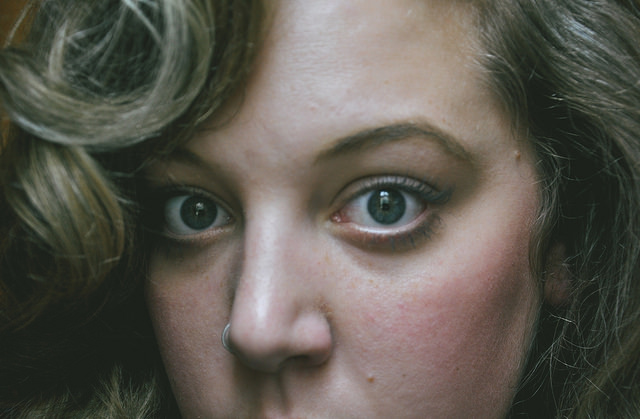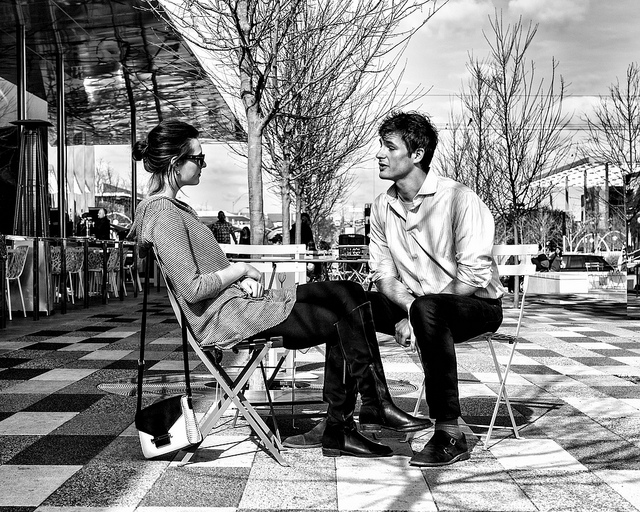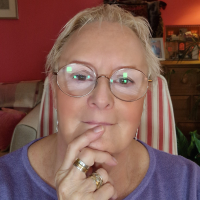
So we all hate narcissists, right?
We all hate what they do to us. What they make us feel. How they make us behave.
We can’t stand their self-centredness, their selfishness, their ruthless focus on their own needs.
Their arrogance and grandiosity, their ability to take the limelight and just not care how that makes anyone else feel…
I mean, it stinks, doesn’t it, having a narcissist in our lives! The world would be a much better place if all narcissists were gone—-poof! kazzam!
Only, actually—it wouldn’t.
Let me tell you a secret: narcissists are our greatest teachers. And they offer us a gift like no other.
Yep, that’s right! Narcissists are our greatest teachers. Let me explain why.
As a psychotherapist and spiritual life coach, I don’t see many narcissists in my therapy room; but I do see lots of grown ups who were—and still are—the children of narcissists. I also see those who are the partners of narcissists or who have a narcissist as their boss or co-worker.
Take, for instance, “Zoe.”
Zoe’s mum is someone we would typically describe as a narcissist. She lacks empathy or real concern, and so doesn’t tune in to Zoe’s needs at all. It’s as if Zoe is invisible.
As a child, Zoe felt unseen, unloved, irrelevant and unloveable. It was all about her mum, and her mum’s needs, and the only attention Zoe really received was when she was either meeting her mum’s needs—for which she received praise—or when she was frustrating her mum’s needs—for which she received coldness and rejection.
Since Zoe’s mum was self-obsessed, she saw Zoe, not as a separate personality to be nourished and encouraged, but rather as an extension of herself. While Zoe fulfilled all her mum’s expectations of who her mum thought she should be, she received praise and approval. When she tried to be her own person, her mum would punish her by withdrawing approval and warmth and care. Everything was conditional upon Zoe getting it right. On her mum’s terms.
Zoe’s mum had a pretty grandiose idea of her own specialness, and her own entitlement to good things. She expected the world to revolve around her, not Zoe—she should never hog the limelight. Her mum expects to be admired and adored, and she does not wish to share any of the attention.
If Zoe does well, looks good or is happy, her Mum is immediately envious of that, and pretty quickly spoils it for her—a look, a word or a withdrawal of attention is enough.
Zoe is extremely sensitive to this, and can be shamed or crushed in an instant.
It’s very subtle. No-one on the outside might even notice.
Others tend to see Zoe’s mum in a different light, and think that Zoe is very lucky to have her—they think she’s amazing. Her mum works extremely hard at building her public persona. She shines. She acts incredibly kind, interested and concerned. She’s turned it into an art form.
Only Zoe knows how hollow and empty it really is, but even Zoe doubts herself because no-one else seems to see what she sees. Zoe therefore carries a nagging sense that she’s bad for thinking such things, and tends to tell everyone what a wonderful mum she has, because that’s what they all seem to expect.
By now, we’re all feeling sorry for Zoe, aren’t we?
And probably pretty judgemental about Zoe’s mum. What an awful woman! Poor Zoe has drawn the short straw in being born to a mum like this!
But then, Zoe shows up in my therapy space, and we go on a journey together.
Zoe doesn’t know it yet, but this is going to be a spiritual journey, just as all her life up until this point has been a spiritual journey. Just as every life is a spiritual journey.
And that spiritual journey is one that always leads us, in the end, back to unconditional love.
Now, at this point, it’s natural to think that I’m going to suggest that Zoe’s journey will involve forgiving her mum for all the damage and hurt and envy and abandonment, and becoming a loving and selfless human being who will love her mum unconditionally despite all she is, and all she has done.
But that’s not it. That’s not what I’m going to say at all.
That’s not the way this game—and I believe it is a game—goes. Not at all. This game of life is based on contrasts.
Zoe’s mum is on a spiritual journey just as much as Zoe is. She’s on her path and Zoe’s on hers. Zoe’s mum’s path needn’t be any of Zoe’s business, because suppose Zoe’s mum incarnated here knowing what role she was going to play—and why—just as Zoe did. In fact, suppose they planned it together.
Just suppose nothing’s going wrong here.
What if Zoe’s mum is actually a selfless and unconditionally loving soul?
You’d have to be, to go through the pain of what it actually means to be a narcissist. Because the life of a narcissist is one of the most deeply unhappy roles any of us can play.
But she goes through it for the benefit of another—a catalyst that will catapult them into the challenge of developing unconditional self-love.
The sacrifice of the narcissist is huge—being hated, and very likely abandoned as being impossible to live with. That’s the power of what a narcissist offers so another can react against it.
There is deep purpose in Zoe’s relationship with her mother. Just suppose.
Growth in this potential reality (it all depends on how we chose to view it) happens as a result of contrast. Always.
Children of narcissists show up in my therapy space with many great spiritual qualities already in place. Growing up with a narcissistic parent does that.
They are generally caring, empathic and tuned in. They are usually giving, generous and kind. They’re usually eager to see the other’s point of view, and to try to understand why another behaves the way they do before judging. They are normally fair-minded and tolerant, good listeners, perceptive and knowing. They know how to love others pretty well. The person they don’t know how to love is themself.
And that’s the narcissist’s gift.
All the bits that the Zoes of this world feel bad about initially—the resentment at not being seen, the anger at being overlooked, the hurt and outrage at being made to feel invisible and unimportant—those are the seeds via which the narcissist’s supreme gift will come to fruition.
They are the seeds that will grow self-love. And they’ll grow through deciding.
When Zoe first shows up, she wants to hide those bits. She believes they’re bad—unloveable. My job, as one more player in Zoe’s spiritual journey, is to validate them, allow them.
I help her to see the wholeness she’s reaching for, to affirm that to love fully includes loving ourselves, and that this is her divine right as a spiritual being.
Once Zoe gets that, really gets that, she’s unstoppable! Wow, just watch her blossom! She already had the tools; now she has the power behind them!
Narcissists: we don’t have to love them, or even like them.
But maybe, for their gift and the life they have chosen, we might look on from a safe distance in awe.
~
Relephant read:
An Open Letter to Those Who Call Themselves Empaths.
~
Author: Janny Juddly
Editor: Khara-Jade Warren
Image: Holly Lay. Flickr
~


 Share on bsky
Share on bsky





Read 31 comments and reply